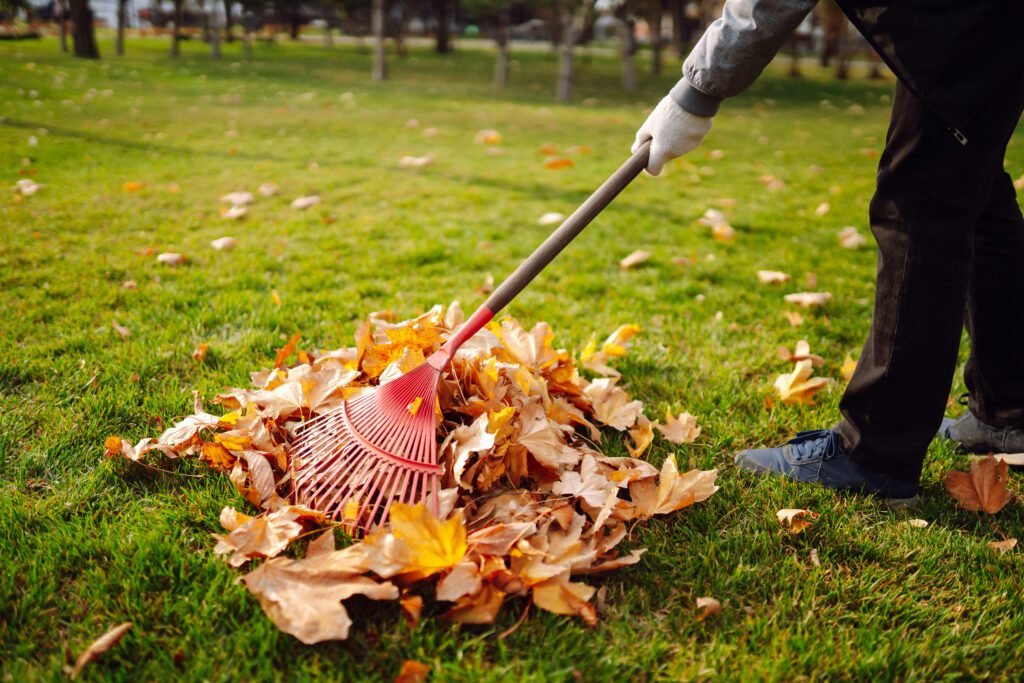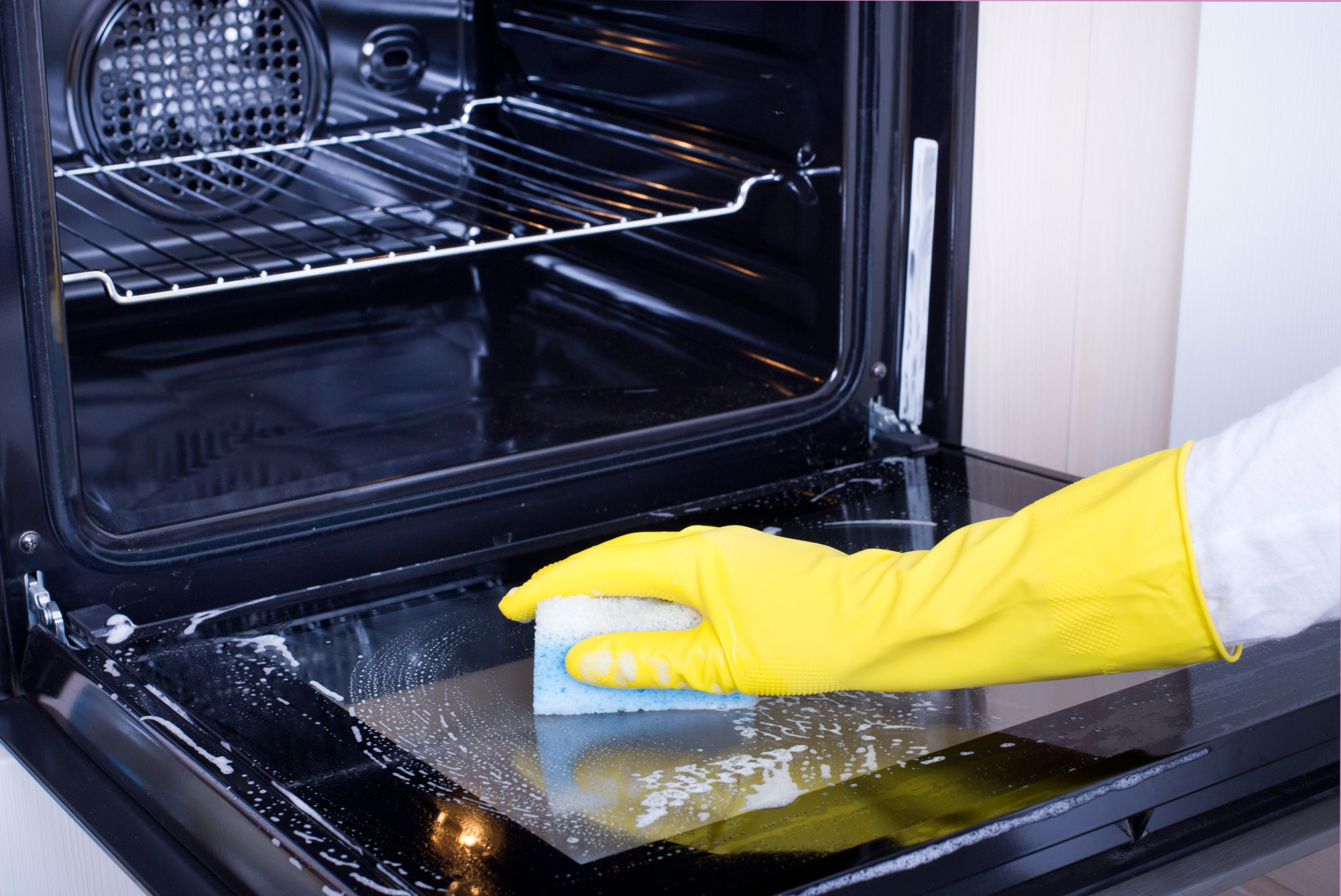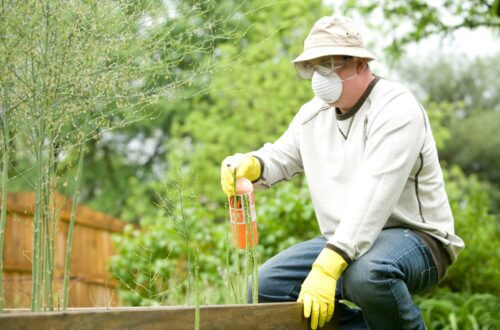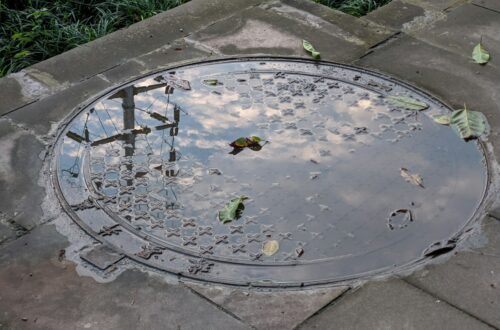Numerous studies and research have shown that being in nature or seeing plants and other natural elements can promote relaxation and overall good health. Thus, it’s not a bad idea to have a garden at home where you can plant and grow colorful flowers, small trees, and shrubs. You can even choose to grow your own food by planting vegetable-yielding and fruit-bearing plants in your backyard.
However, every homeowner who has a garden, whether big or small, knows how much waste it can generate. So, how do homeowners go about managing their gardens? This article shares smart and easy ways to manage garden waste.
1. Hire A Reliable Rubbish Removal Service
Whether you have a large garden that generates a lot of waste, are doing a cleanup drive on your garden, or have other organic waste in addition to your garden waste, hiring a reputable rubbish removal company is one of your best options. You may visit the Same-Day Rubbish Removal website or similar websites to learn how this service can help in the proper disposal of anything you don’t want, including garden waste.
These companies simply visit your home, take a look at the waste you want removed, and provide an estimate for their service. If you agree to their price, they’ll load up your garden waste and any other waste in your home and haul them away.
To find an excellent removal company in your area, search “Rubbish Removals south East Melbourne” or whichever city you are in. Then you can check out the providers in your area and, more importantly their reviews.
2. Get A Skip Bin
If you prefer to manage the garden waste yourself instead of hiring professionals but don’t know where to put it, you can simply use a skip bin or dumpster rental service. Skip bins are large garbage containers with an open top and are designed to be loaded into a lorry. They’re a suitable option if you’re deep-cleaning or overhauling your garden and expecting to generate a huge amount of rubbish, including large branches, dead shrubs, and high piles of leaves and organic waste.
Skip bins are either hired from skip-hire companies or provided by the local government. Furthermore, when you obtain a skip bin from a company like TK Skip Hire, you also get a waste collection service. This waste is collected at specific intervals, disposed of at landfills, or recycled by the skip bin company.

3. Try Composting
If you love gardening, there’s a good chance that you have your own composting system. Composting is one of the best ways to sustainably manage and dispose of garden waste.
You can use your garden waste as an eco-friendly fertilizer for your flowers and plants. Instead of using harmful chemicals and fertilizers to grow your plants, you can use garden waste and other organic waste in your household to create compost to nourish your garden.
Backyard waste, such as dried flowers, grass clippings, and dead leaves, as well as food waste in your kitchen, including fruit and vegetable peelings and coffee grounds, can be used to create nutrient-rich soil for healthy growing plants.
Setting up a composting site for the first time may not be easy, but there are several resources online to help you get started with composting and provide a step-by-step guide to build your first compost for your natural gardening efforts.
4. Make Mulches
Sometimes the best way to dispose of and manage garden waste is to simply leave it there. Strategically placing garden waste material on the surface of your soil can help protect plants from erosion while nourishing them. This is called mulching. Take note that you’ll need specific garden waste, such as grass clipping or dried flowers and leaves only. Branches and other harder waste materials take time to decompose, making them unsuitable for creating mulches.
If done properly, mulching can help the soil retain its moisture and reduce watering requirements for plants. It also feeds the soil when the organic garden waste breaks down. Mulch also regulates the soil’s temperature while covering loose soil to prevent erosion. It also helps reduce the growth of weeds since it prevents light from reaching covered areas.
However, be careful not to go overboard with your mulch. Adding too much mulch can suffocate your plants and encourage excess moisture that can kill plants or cause root rot. In general, having two to three layers of mulch should be enough.
Takeaway
A garden can provide numerous benefits, but it’s also one of the most significant waste-generating sources in your home. That said, having a gardening waste disposal routine is critical to managing waste and preventing it from getting out of control. Also, learning the proper ways to dispose of and manage your garden waste can help maintain your curb appeal while reducing your negative impact on the environment.






